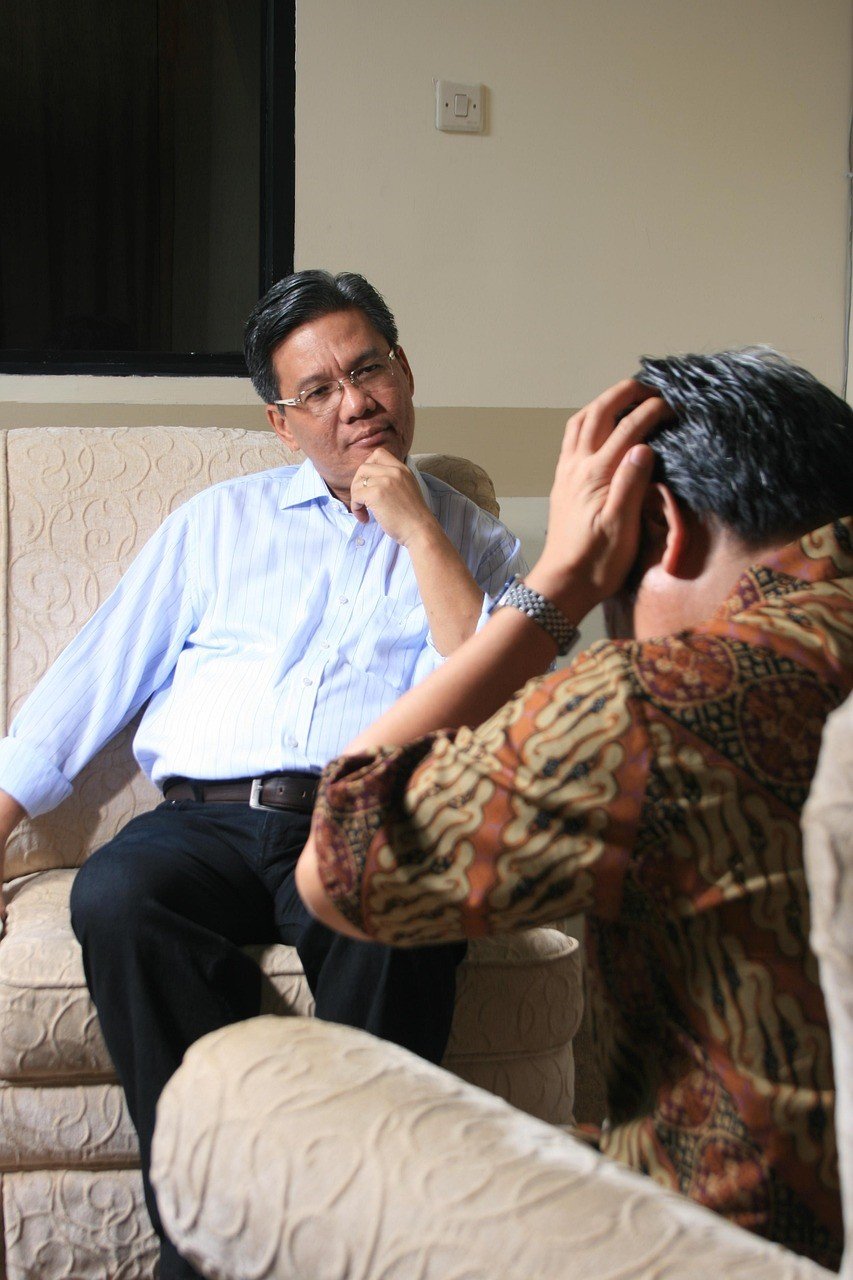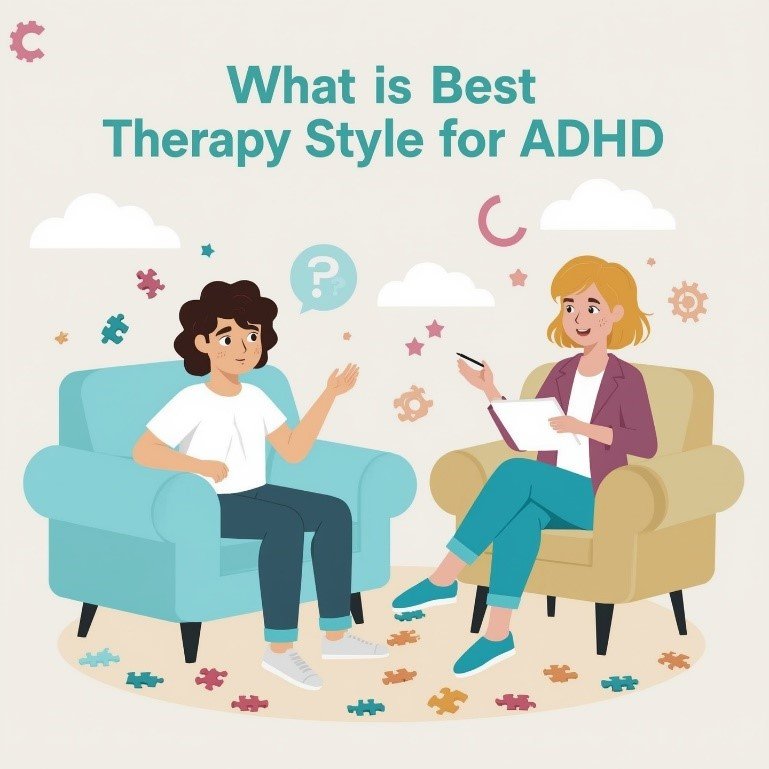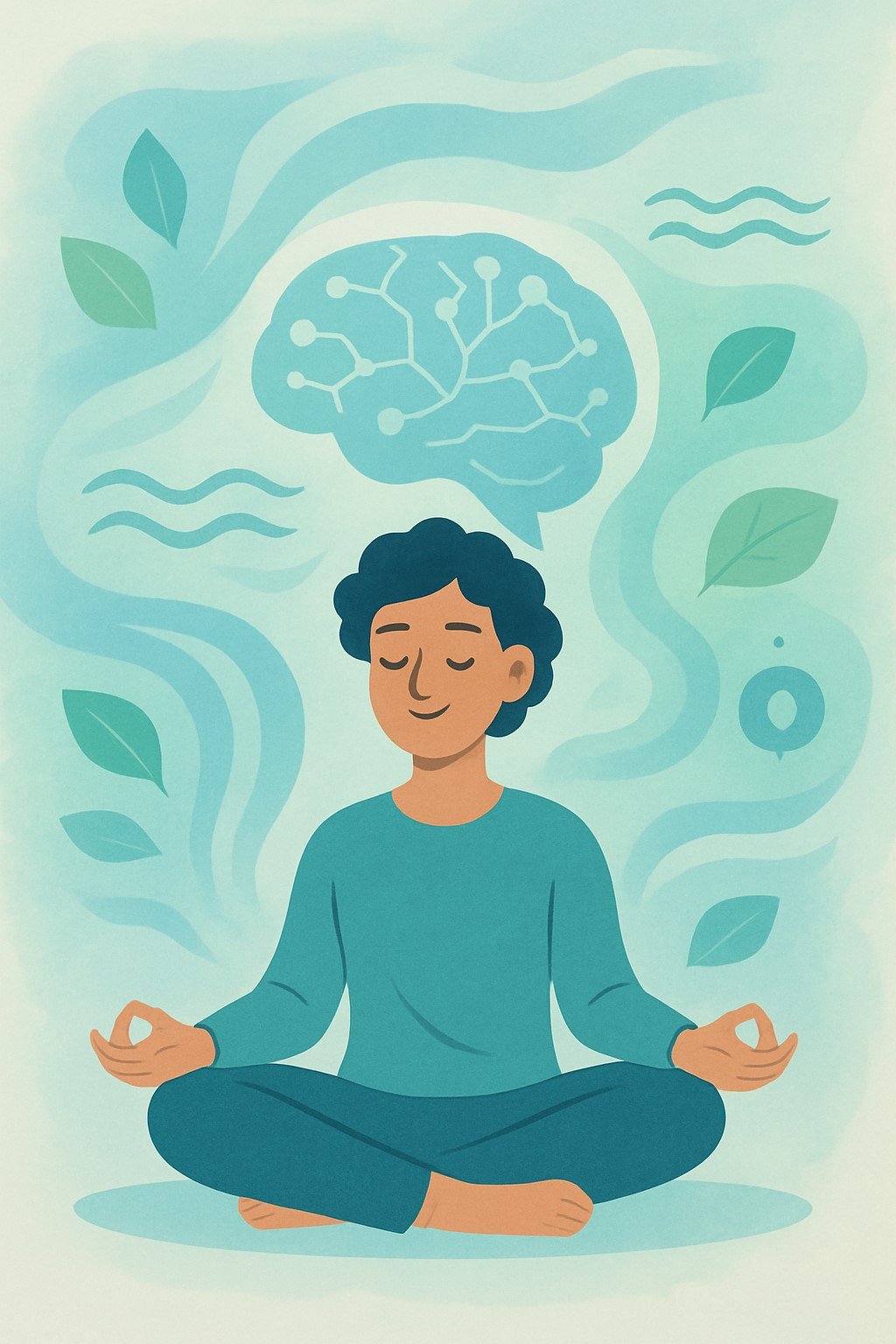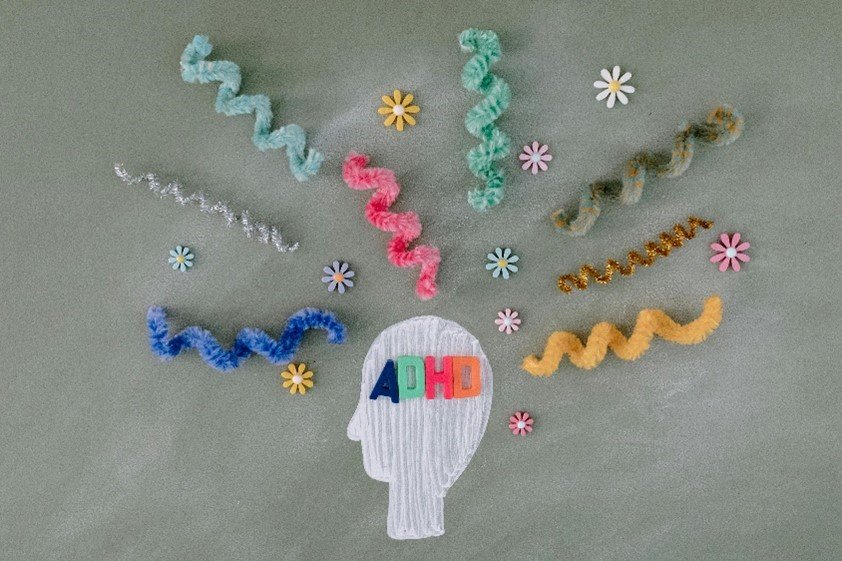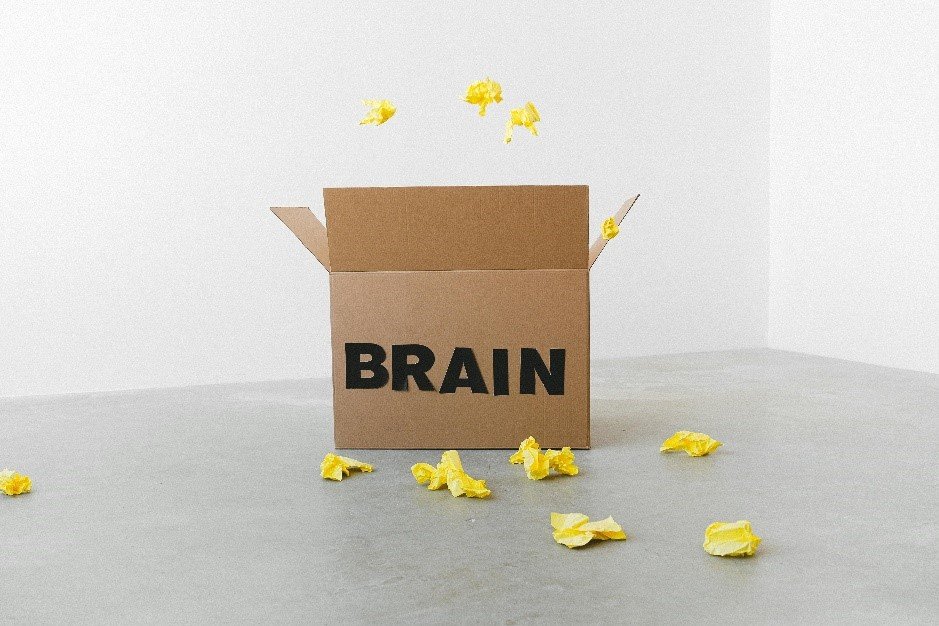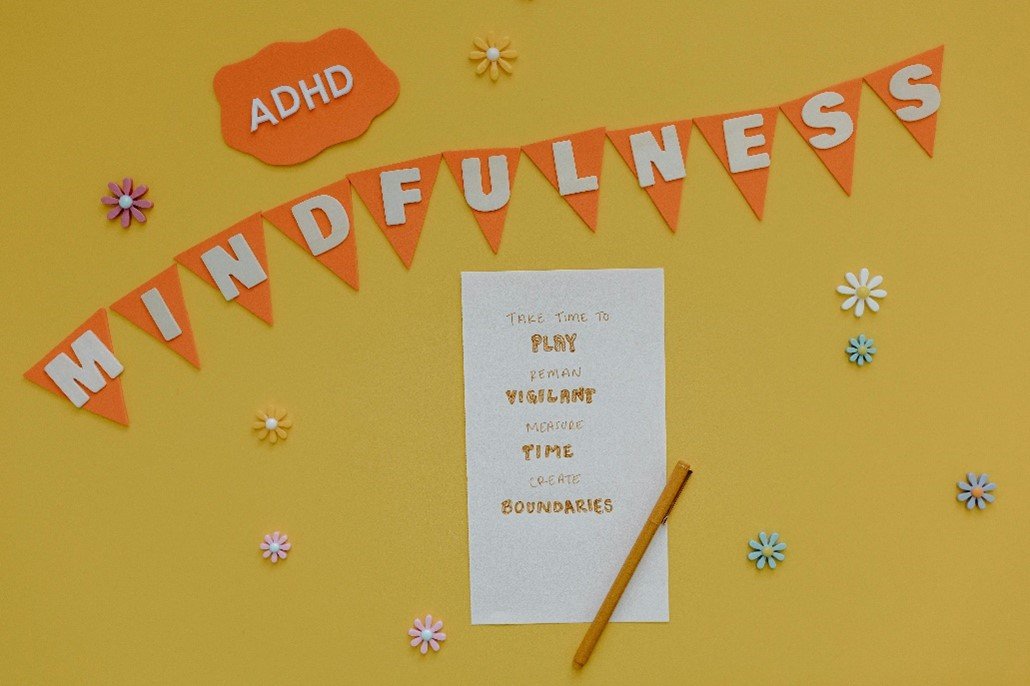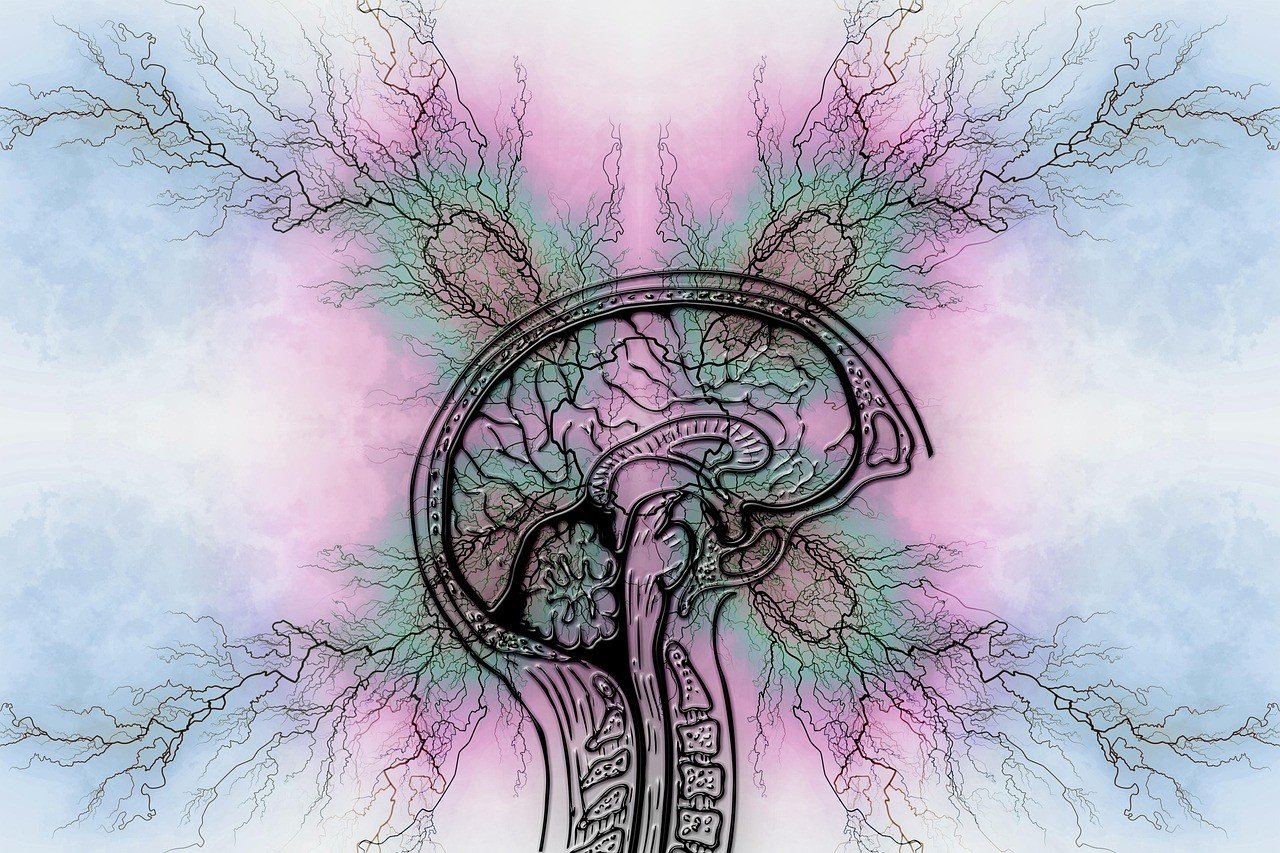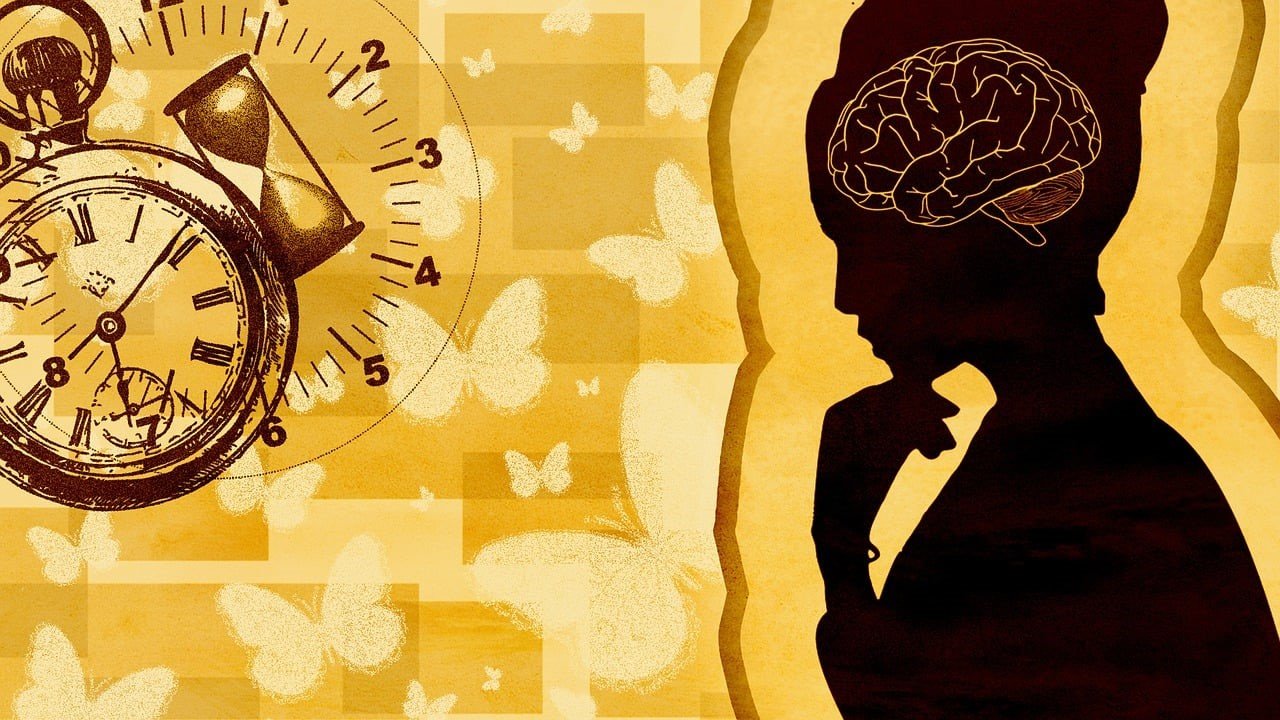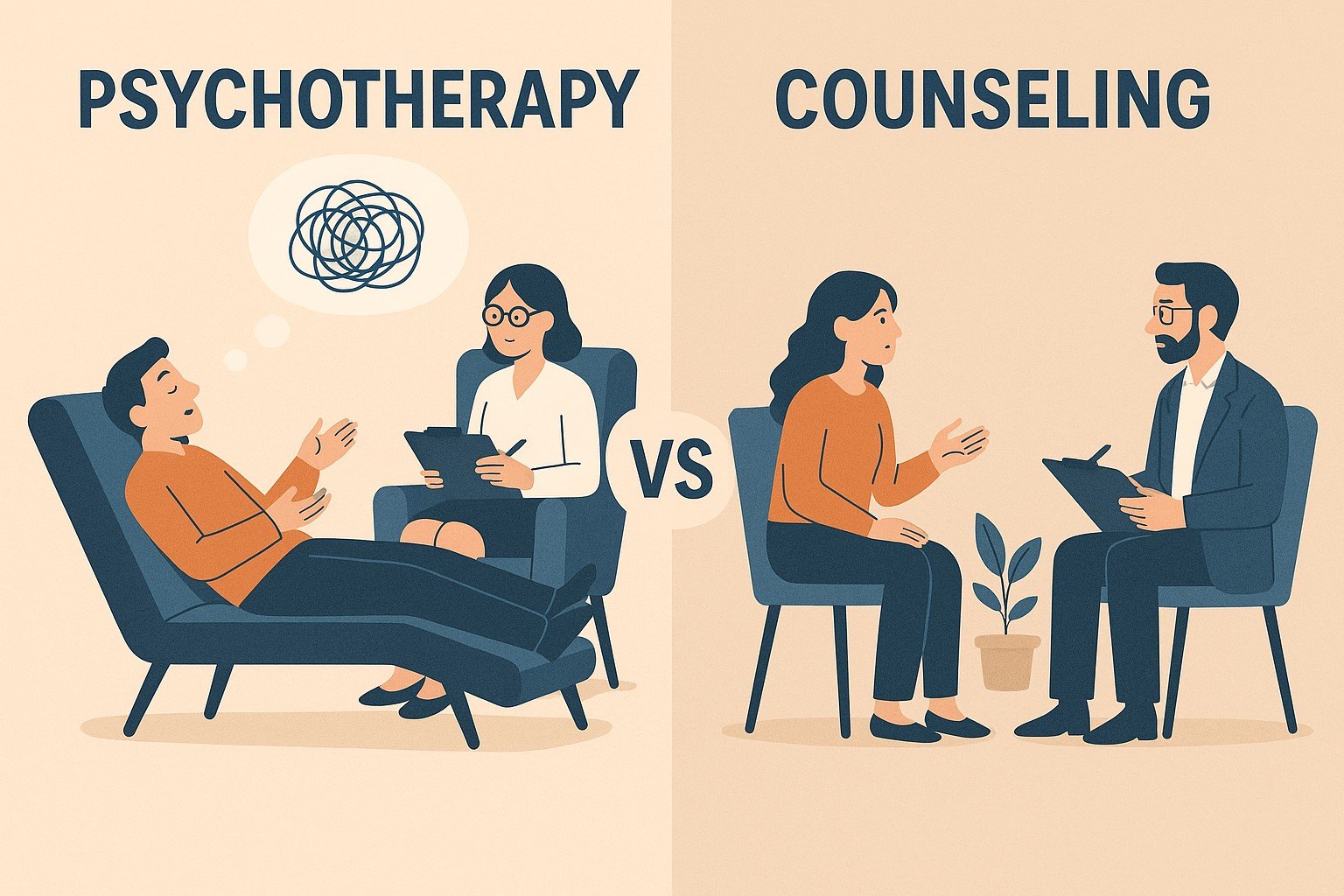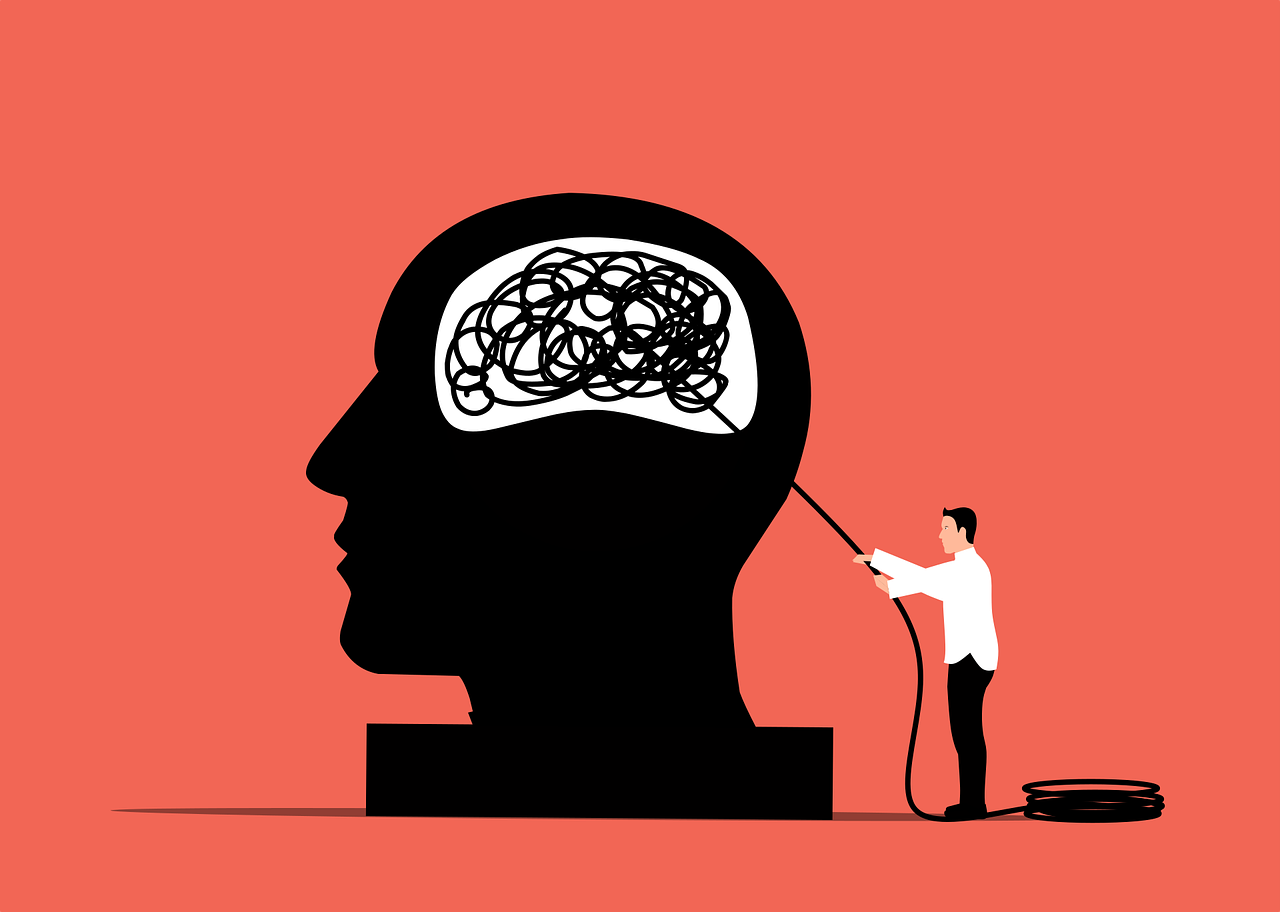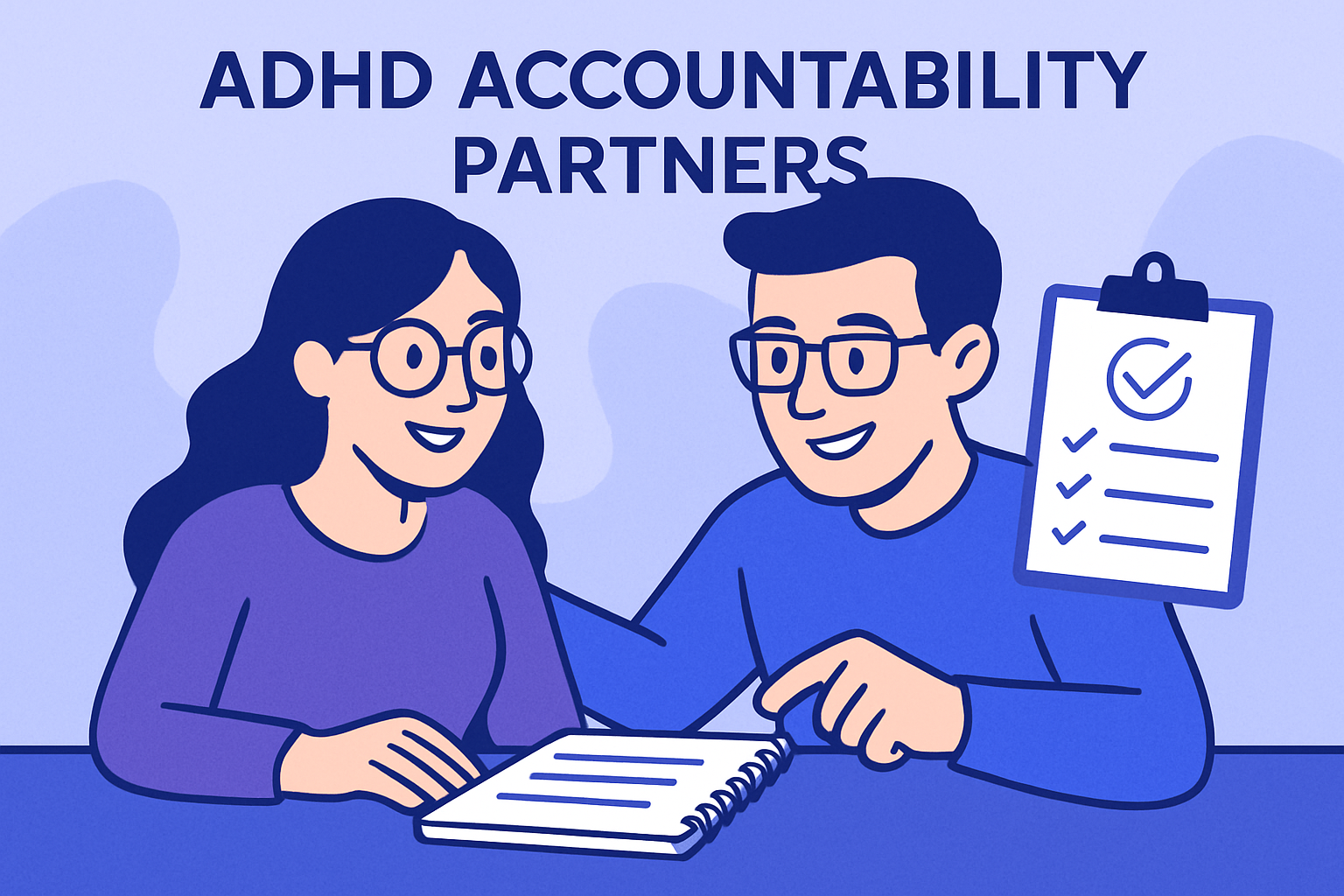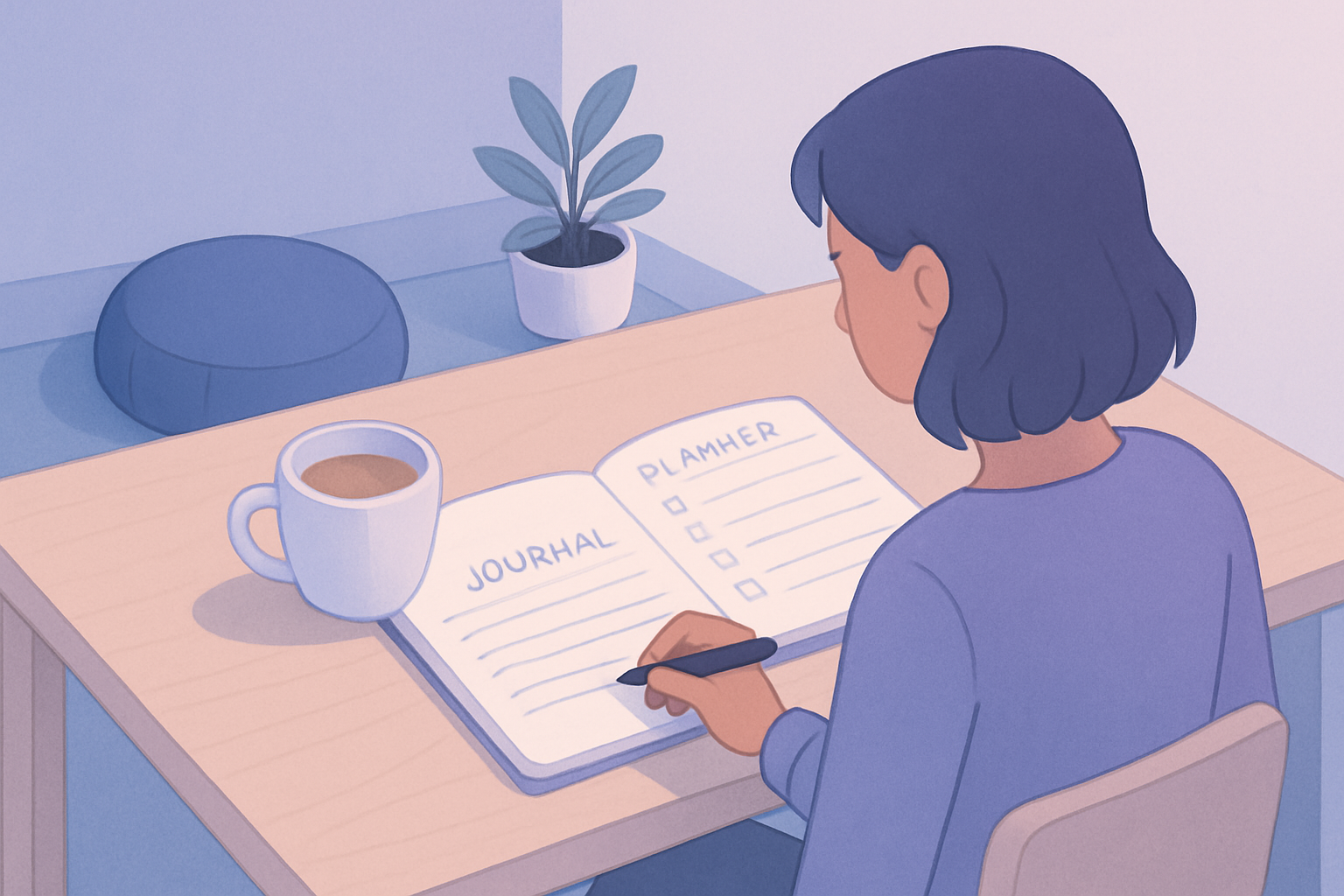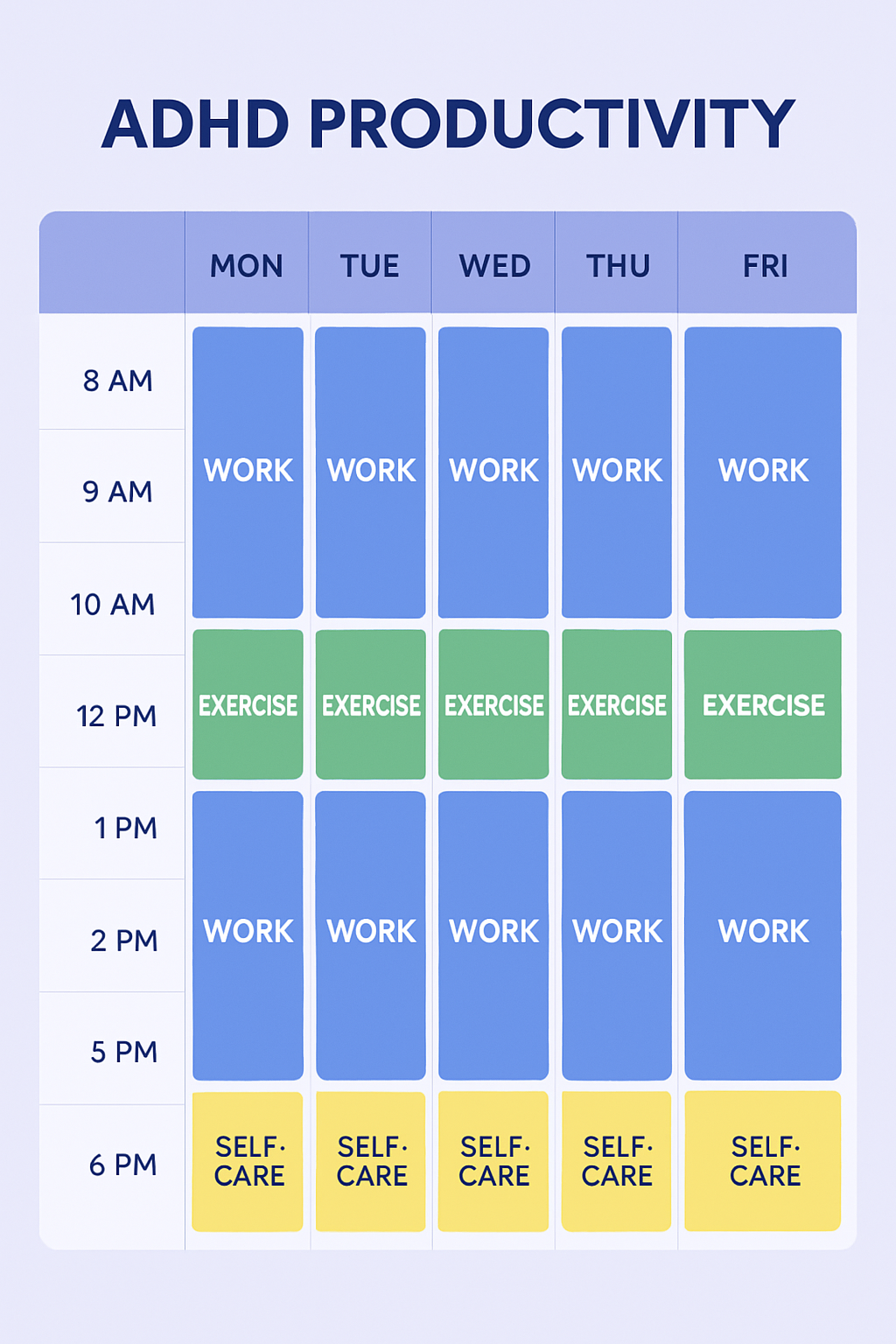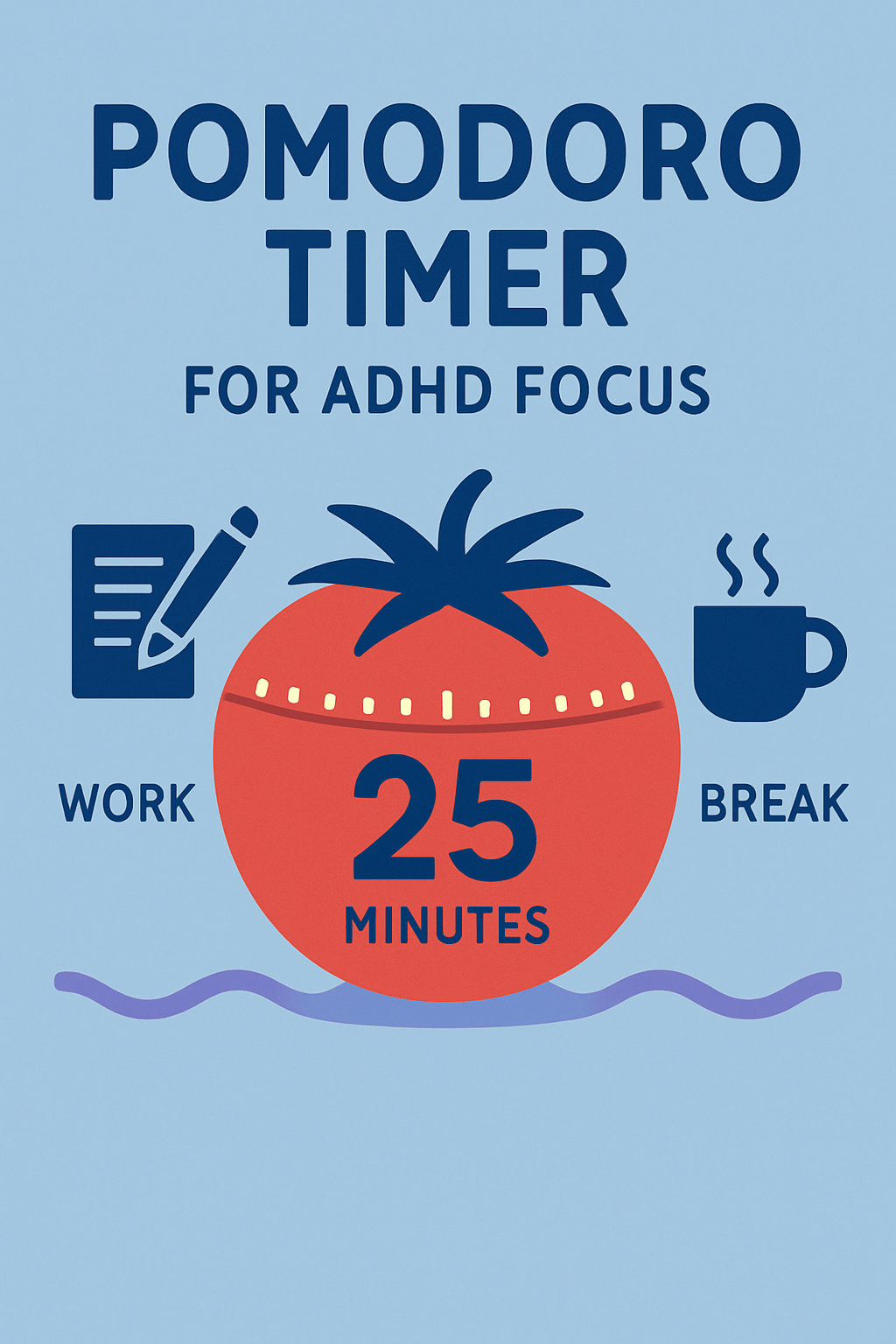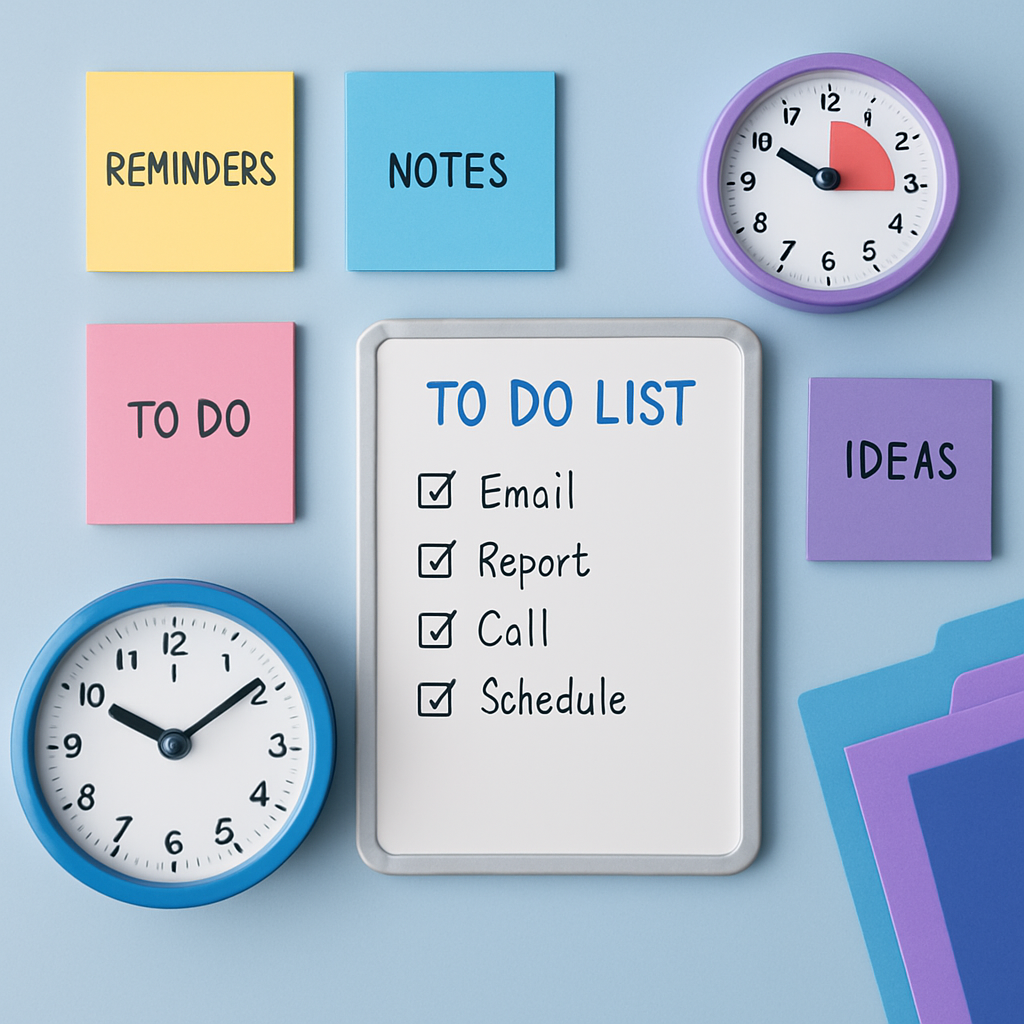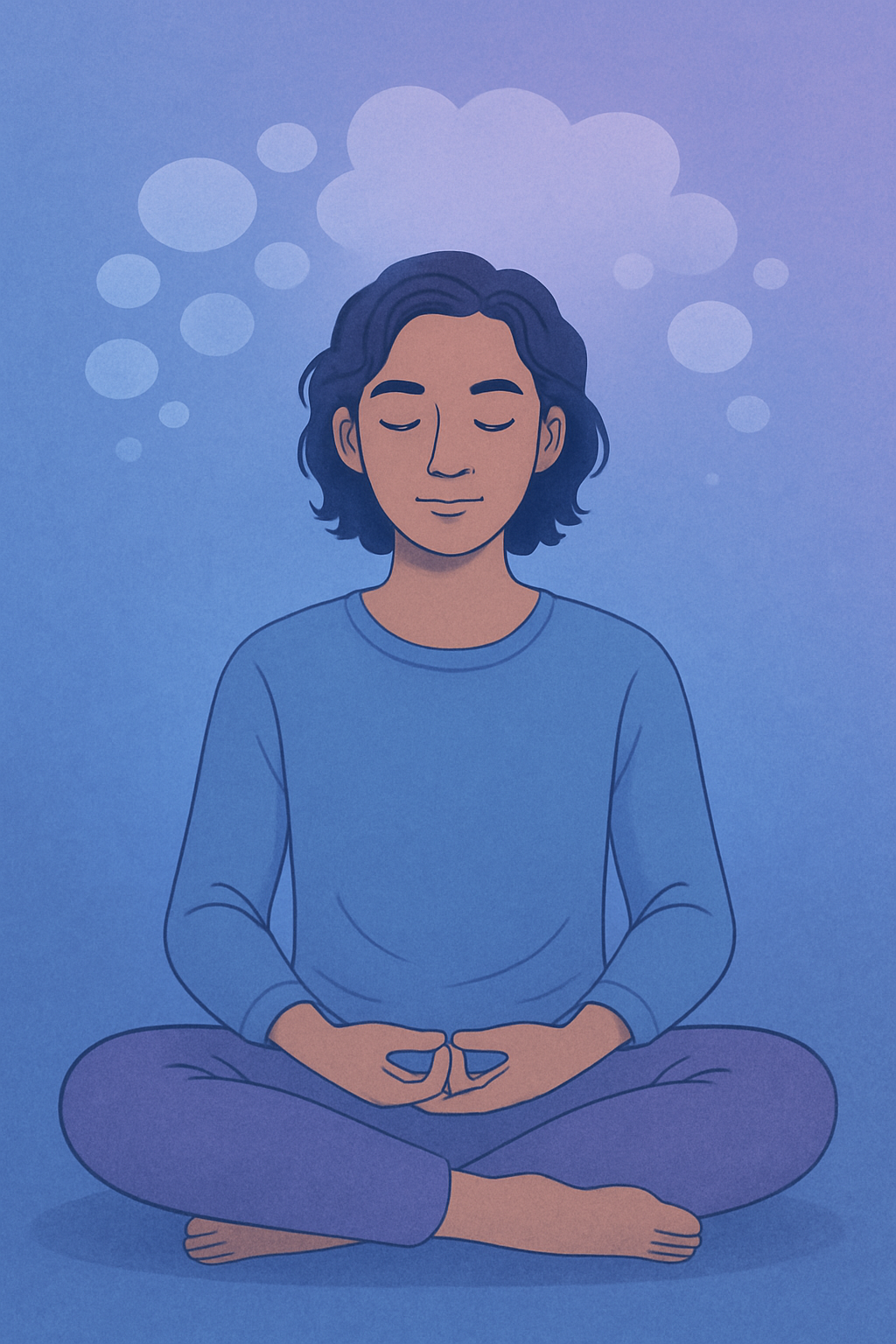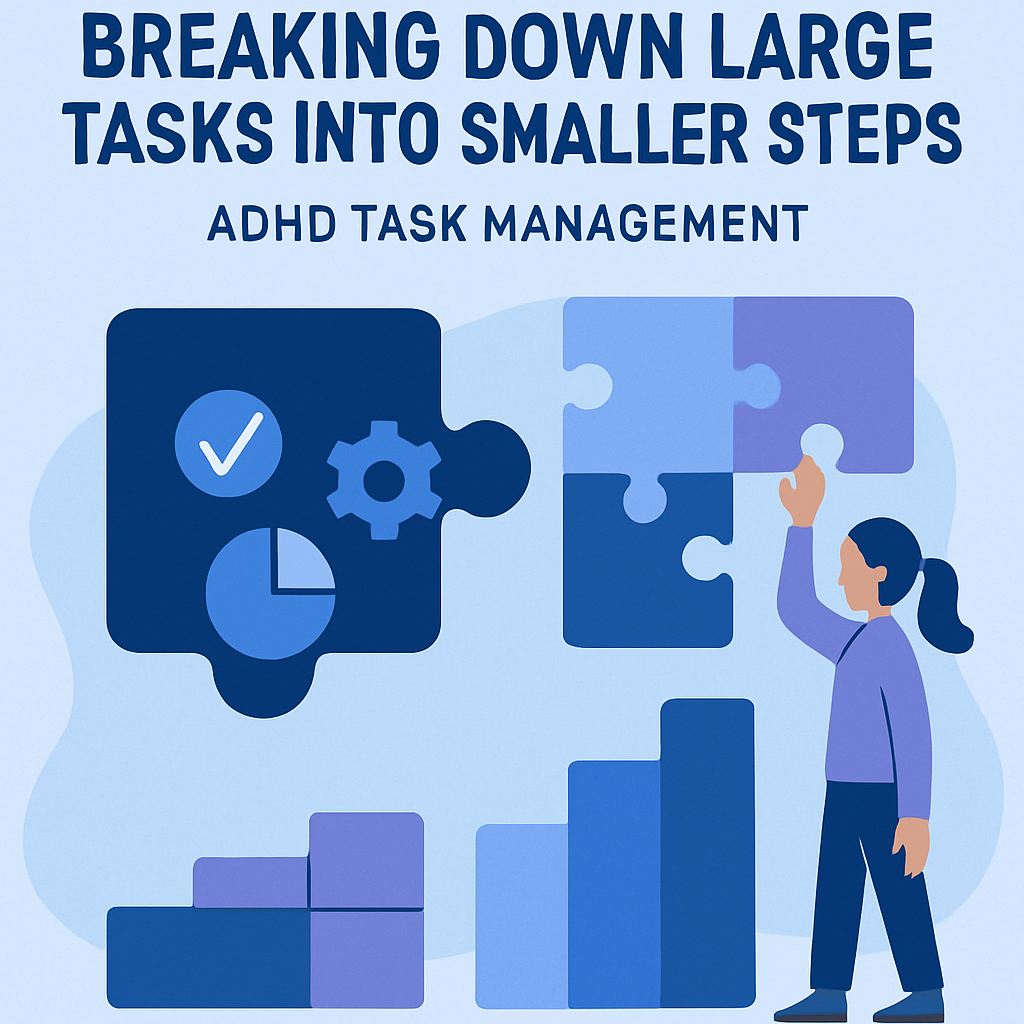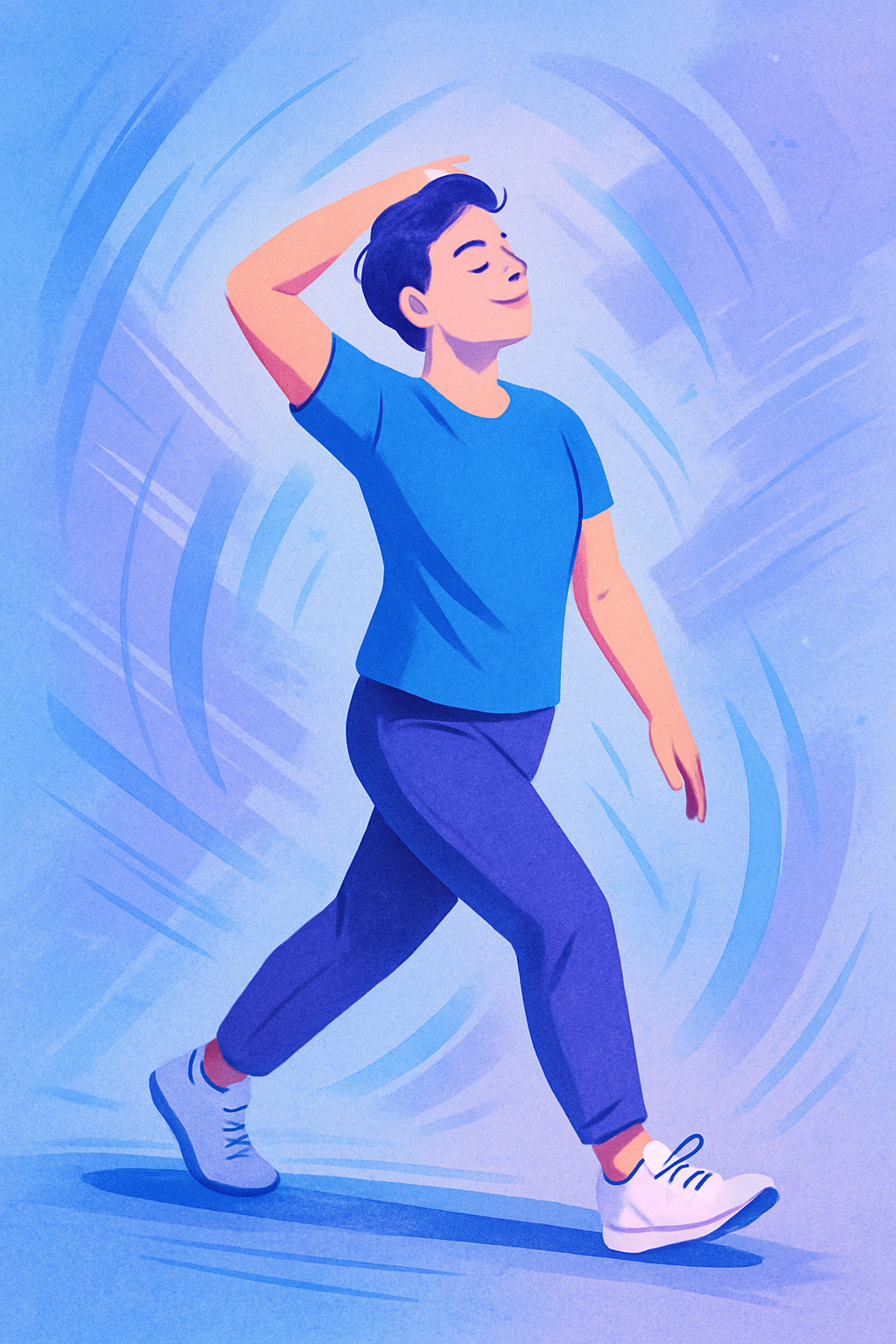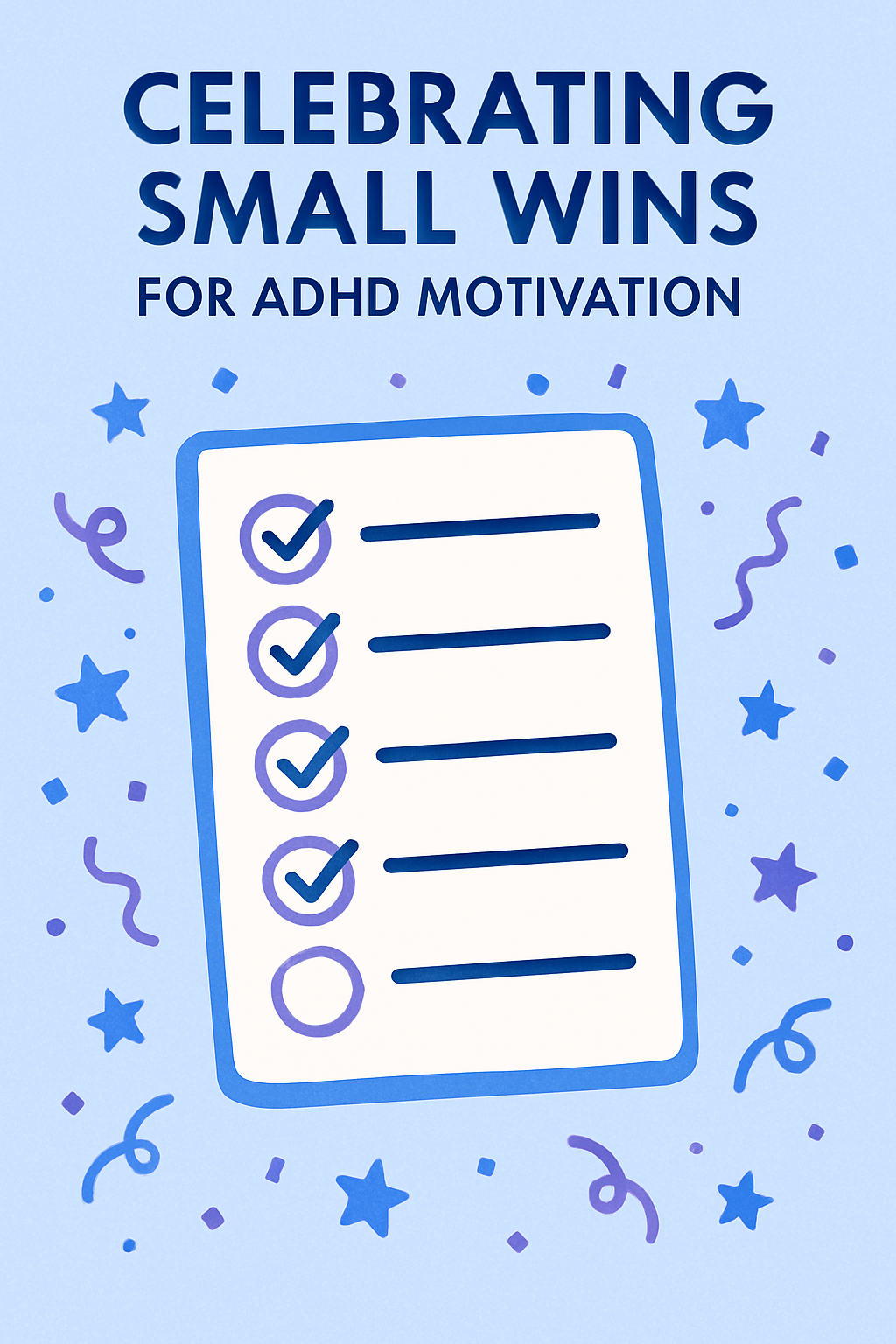How Many Therapy Sessions Do I Need?
How Many Therapy Sessions Do I Need?
One of the most common questions I hear from people who come to therapy is:
“So… how many sessions will it take to fix this?”
And honestly? I understand why they ask. Starting therapy can feel like entering a foggy trail with no map—uncertain, vulnerable, and a little intimidating. People want a sense of direction. A timeline. Some kind of expectation.

My answer is usually something like:
“It depends—but the fact that you’re here means you’ve already started moving forward.”
And that small truth often brings a little relief.
No one wants therapy to feel endless. Most people want to know: Is this going to take 6 sessions? 12? 6 months? Can I afford it emotionally, financially, energetically?
Here’s the truth: how long therapy takes depends on what you’re coming in for, and what you hope to get out of it.
If you’re working through something like a recent anxiety spike, the process might be shorter than if you’re unpacking childhood trauma, relationship patterns, or long-term depression. That doesn’t mean one is “easier” or more “serious”, just that each person’s journey has a different terrain.
Still, I know that “it depends” isn’t the most satisfying answer. So let’s talk specifics.
In this guide, I’ll break down:
- The average number of sessions for common concerns like anxiety, depression, and trauma
- What short-term vs long-term therapy looks like
- What factors speed up or slow down progress
- What it actually means to “feel better”
- And how you’ll know when you’re ready to stop (or take a break)
You’ll also hear anonymized stories from real clients I’ve worked with, because seeing someone else’s roadmap can often help you chart your own.
If you’re asking, “How long will this take?”, you’re in the right place. Let’s make the path clearer, together.
What Factors Influence How Many Therapy Sessions You’ll Need?
When people ask “How many sessions will I need?”, what they’re really asking is:
“What’s going to influence how long this takes for me?”
Because the truth is, therapy is not one-size-fits-all. And while averages and estimates are helpful, what shapes your therapy timeline is deeply personal.
Here are the most important factors that influence how many sessions you might need:
- What You’re Working On
Some goals are more focused and short-term, like managing work stress, improving sleep, or preparing for a big life transition. These may only take a few sessions or a few months of weekly therapy.
Other issues, like healing from trauma, addressing chronic anxiety or depression, or working through long-standing relationship patterns, tend to need more time and depth. They involve not just solving a “problem,” but learning to relate differently to yourself and your world.
- Your Therapy Goals
It’s one thing to want symptom relief, like “I just want to stop having panic attacks.”
It’s another to want deeper change, like “I want to understand why I keep burning out in relationships.”
The clearer your goals, the easier it is to plan for how long therapy might take. But also, goals evolve. What starts as managing anxiety might grow into exploring purpose, self-worth, or family history.
And that’s not a bad thing. It means you’re healing.
- How Often You Attend Sessions
Weekly sessions tend to bring more consistent progress than biweekly or monthly ones, especially in the beginning. Gaps between sessions slow momentum and make it harder to build trust and therapeutic rhythm.
That said, therapy isn’t a race. If your schedule or budget allows for less frequent sessions, your therapist can help create a plan that still supports your goals.
- Your Readiness and Resources
Are you in a stable place emotionally and practically to do the work therapy asks of you? Things like safety, support systems, and even sleep can affect your capacity to process and grow.
Also, your internal readiness matters. Are you open to reflection? Willing to be honest? Therapy often works best when you’re ready to show up, even when it’s uncomfortable.
- Your Therapist’s Approach
Some therapists use time-limited models (like CBT or solution-focused therapy), which aim for shorter-term change. Others work more relationally or insight-oriented, which may take longer but go deeper.
Neither is “better”, it depends on your goals and what works for you. The key is that you and your therapist are aligned on expectations and direction.
- Your Life Outside of Therapy
Therapy doesn’t happen in a vacuum. Life keeps moving, work stress, relationship changes, parenting challenges. Sometimes these add to your therapy goals, other times they slow things down.
Also, the more you apply what you explore in therapy to your real life, the more impactful and efficient the process becomes.
So, how many sessions do you need?
It depends on all of this, and more.
But don’t let that overwhelm you. The goal isn’t to “finish therapy” like it’s a checklist. The goal is to use therapy in a way that supports who you are and where you’re going.
In the next section, we’ll break down what the numbers actually look like, so you can better understand the averages and what they might mean for your journey.

How Many Therapy Sessions Are Usually Needed?
While therapy is deeply personal, research can still give us helpful benchmarks.
So if you’re wondering “What’s normal?”, here’s what we know:
Short-Term Therapy Models
Short-term therapy models, like Cognitive Behavioral Therapy (CBT) or Solution-Focused Brief Therapy (SFBT), often aim to create meaningful change in a limited number of sessions.
Here are some general ranges:
- CBT for anxiety or depression:
12–20 weekly sessions is often effective (according to American Psychological Association guidelines)
- SFBT:
5–10 sessions on average, sometimes even fewer
These models focus on specific problems, skill-building, and goal-oriented change. They tend to work well when your needs are focused and you’re ready to actively engage in the process.
Long-Term or Open-Ended Therapy
If you’re exploring patterns from childhood, attachment wounds, or seeking deep personal transformation, longer-term therapy may be more helpful.
- Many people in depth-oriented therapy attend for 6 months to several years
- A common average for open-ended therapy is 1–2 years
- Some clients choose to continue even after they’re “feeling better” to support long-term growth
Think of it less like fixing a broken pipe and more like nurturing a garden, it takes time, consistency, and care.
What the Data Says
A major study from the American Psychological Association found:
- 50% of clients feel noticeably better within 8 sessions
- 75% see significant improvement by session 26
- People dealing with more complex or chronic issues often need longer treatment
So while some people truly benefit from 6–10 sessions, others need 40, 60, or more, especially if healing involves trauma, neurodivergence, or relational wounds.
Important Note:
More sessions ≠ failure.
Needing longer-term therapy doesn’t mean you’re “worse” or “not progressing.”
It just means your healing is layered, and that’s normal. Real change often takes time, and that time is an investment in your future self.
Think of It Like Personal Training
Therapy is a bit like working with a trainer at the gym:
- Some people come in with a specific short-term goal (like running a 5k)
- Others want ongoing support to stay strong, process life, and keep growing
Neither is “better”, they’re just different kinds of growth. The key is finding what you need right now, and trusting that the process can evolve.
How Do You Know When You’re Done with Therapy?
This is such an important question ,because therapy isn’t meant to last forever. It’s meant to serve you.
But here’s the catch:
You don’t always get a clear finish line.
It’s not like school, where someone hands you a certificate and says, “You’re cured!”
Instead, knowing when you’re “done” often feels like a quiet shift inside:
Signs You May Be Ready to Pause or End Therapy:
- You’re coping well, even when life gets challenging
- You’ve developed the tools to manage your emotions
- You notice old patterns but can interrupt them more easily
- Your therapist feels more like a supportive presence than a lifeline
- You feel a growing sense of trust in yourself
Some people describe it as:
“I don’t need to come every week anymore… but I know I can if I want to.”
That’s a beautiful place to be.
But You Can Always Come Back
Here’s the truth:
Therapy doesn’t have to be all-or-nothing.
You can “graduate” and still return for check-ins, tune-ups, or support during transitions.
Life changes. Grief happens. Parenting evolves. Relationships shift.
You might finish therapy at 28 and come back at 33 when life throws you a curveball.
That doesn’t mean you’ve failed.
It means you’re human, and smart enough to reach for support when needed.
Therapy Isn’t Just for “Fixing”
Sometimes, therapy is less about “solving a problem” and more about:
- Expanding self-awareness
- Exploring creativity or purpose
- Deepening your relationships
- Staying mentally well during big life transitions
In those cases, people choose to stay in therapy not out of need, but out of desire. That’s equally valid.
Talk About It with Your Therapist
If you’re wondering whether it’s time to wrap up therapy, talk about it!
A good therapist welcomes that conversation.
Together, you can:
- Review your goals
- Reflect on progress
- Consider a transition plan (ex: biweekly → monthly → as-needed)
The goal isn’t to keep you in therapy forever. It’s to support you until you feel ready to go, stronger, wiser, and more grounded.
How Often Should You Go to Therapy?
A question many people ask when they first start therapy is:
“How often do I need to come to see results?”

And honestly, the answer depends on you, your goals, and the kind of support you need right now.
Weekly Therapy: The Gold Standard
For most people, especially at the beginning, weekly sessions are ideal.
Why?
Because:
- They create momentum
- You stay connected to your process
- There’s less “resetting” between sessions
- You can build trust faster with your therapist
It’s kind of like learning a new language: consistency matters more than intensity. Once a week gives your brain and heart a steady rhythm to grow and heal.
Biweekly or Monthly Sessions
As you progress, some people move to every other week or even monthly check-ins.
This can work well if:
- You’ve reached some of your goals
- You’re mostly managing well
- You’re using therapy for maintenance or reflection
Think of it like going from physical therapy every week to just stretching and checking in when needed.
Crisis or High-Need Situations
In more acute phases, like during a breakup, trauma, or a mental health crisis, some people benefit from twice-a-week therapy, even short-term.
There’s no shame in that.
Healing is not linear.
And sometimes, more support equals more safety and stability.
What About Short-Term Therapy?
Some people only need therapy for a specific issue, like preparing for a big life decision, managing exam stress, or learning communication tools in a relationship.
In those cases, therapy might last just 4 to 12 sessions, but still make a huge impact.
The Key: Talk About Frequency with Your Therapist
The most important thing isn’t sticking to a rule, it’s checking in with your therapist about what feels helpful.
Together, you can adjust your schedule based on:
- Progress
- Life stress
- Finances
- Goals
Therapy should support your life, not overwhelm it.
Is the Therapy Style You’re in Actually Good for ADHD?
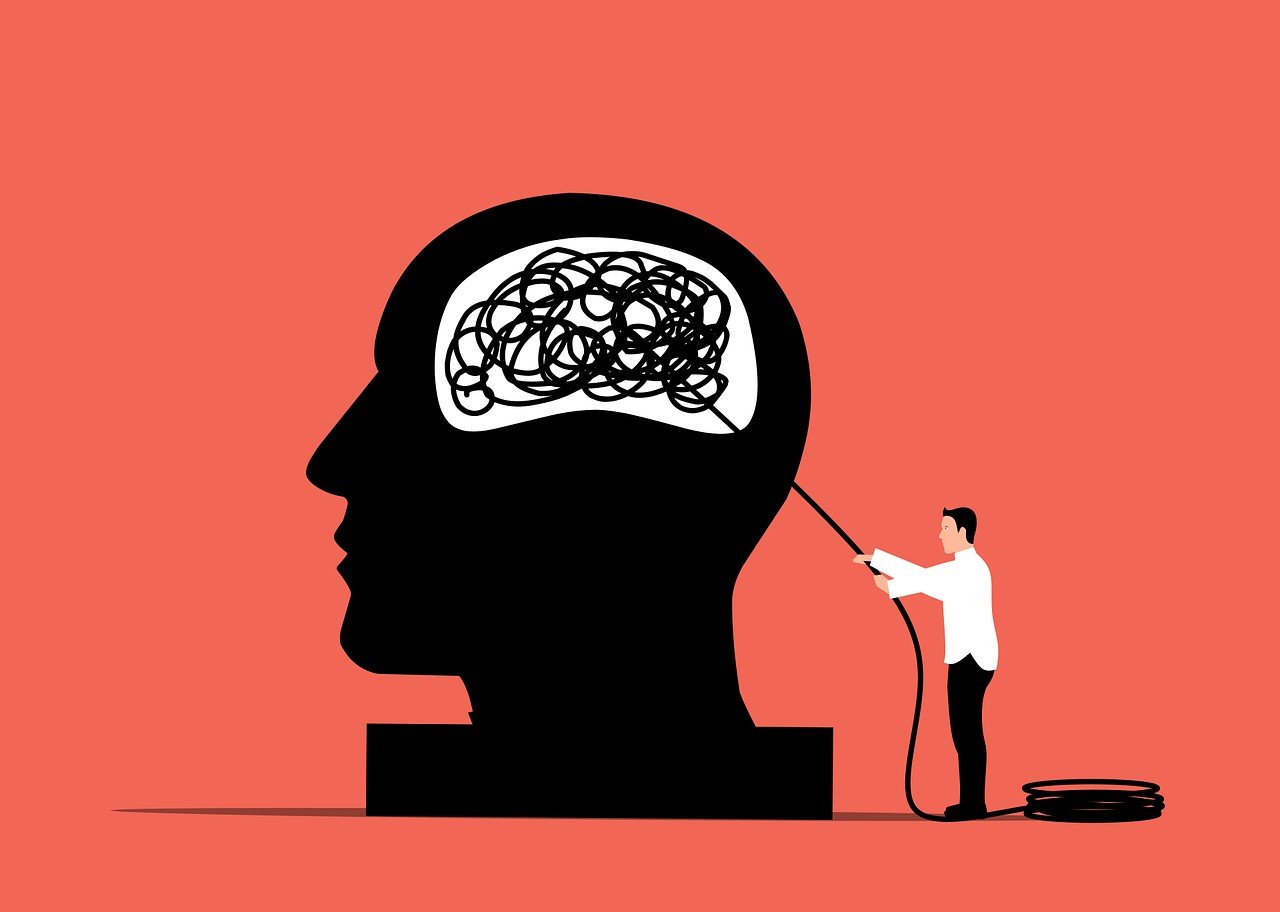
Here’s something most people don’t realize until they’ve been in therapy for a while:
Not all therapy styles are equally effective for ADHD.
That’s right.
Just like you wouldn’t use the same tools to fix a bicycle and an airplane, you shouldn’t expect every therapist, or every approach, to work well for a neurodivergent brain.
Why Some Therapy Feels “Off” for ADHD Brains
Many of my ADHD clients tell me:
“I felt like my old therapist didn’t get it… I’d leave sessions more confused or ashamed.”
That’s usually because:
- The therapist was too unstructured (and so was the session)
- Or too rigid, with no room for flexibility
- Or they focused only on symptoms (like anxiety), without addressing the underlying ADHD
- Or they didn’t understand the lived experience of ADHD at all
This mismatch can make you feel like you’re the problem, when really, it’s just not the right fit.
What Works Better for ADHD?
If you have ADHD, you may benefit more from approaches that are:
- Structured but flexible
- Focused on practical tools and daily routines
- Compassionate, strength-based, and collaborative
- Open to creativity and nonlinear thinking
- Rooted in understanding neurodiversity
Modalities like:
- CBT (Cognitive Behavioral Therapy) — with ADHD-specific tweaks
- Coaching approaches for executive function support
- ACT (Acceptance & Commitment Therapy) — especially for emotional regulation
- Psychoeducation — understanding how your brain works
- And sometimes a mix of therapy and coaching, depending on your needs
How to Know If Your Therapy Is Helping
Ask yourself:
- Do I feel understood here?
- Do I leave sessions with clarity, not confusion?
- Am I learning tools that actually work for my daily life?
- Does my therapist get ADHD (not just textbook stuff)?
- Are we moving forward, or just circling the same stuff?
If most answers are “no,” it might be time to explore a new style—or even a new provider.
You Deserve ADHD-Aware Support
You are not too much. You are not lazy.
You just need support that’s built for how your brain works, not how the world expects it to.
And yes, that support exists. And it works.
How Many Therapy Sessions Will You Need?
A common question people ask when starting therapy is:
“How many sessions will I need?”
And the honest answer is: It depends.
But that’s not a cop-out—it’s the truth rooted in your goals, life, and brain.
Factors That Affect the Number of Sessions
Here are some things that shape how long therapy might take for ADHD:
- Your goals:
- Are you looking for crisis support or long-term change?
- Do you want help with one situation or a lifelong pattern?
- The severity of challenges:
- Mild executive function struggles may resolve faster.
- Deep-rooted emotional patterns or trauma take more time.
- Frequency of sessions:
- Weekly sessions often lead to faster progress than monthly ones.
- Inconsistent attendance can slow things down.
- Fit with your therapist:
- A strong match accelerates healing.
- Mismatch can drag things out, or stall completely.
- Your life outside of therapy:
- Are you supported by people who understand you?
- Do you have time and energy to apply what you’re learning?
Some Realistic Averages
- Short-term therapy:
Great for focused goals like:
- Building a daily routine
- Managing a specific situation (e.g., job change, relationship stress)
- Getting ADHD clarity and strategies
- Medium-term therapy:
Helpful for:
- Emotional regulation
- Relationship patterns
- Burnout recovery
- Developing new habits
- Long-term therapy:
Often best for:
- Deep self-worth issues
- Healing past trauma
- Transforming your identity as a neurodivergent person
Therapy isn’t one-size-fits-all. What matters is that it’s working for you.
ADHD Time: Nonlinear Progress Is Normal
Progress in ADHD therapy isn’t always a straight line.
Sometimes it looks like:
“3 steps forward, 2 steps sideways, a leap, then a nap.”
That’s okay.
You might make massive progress in a few months… or find that you benefit from ongoing support long-term. Both are valid.
How to Know When You’re “Done” (or Ready for a Break)
Ask yourself:
- Am I able to handle things I couldn’t before?
- Do I have tools that work—even when things get hard?
- Do I feel more like myself?
If yes, that’s a good sign you’re ready to pause, shift, or graduate.
If no, don’t worry. That just means you’re still on the path, and that’s okay.
You Deserve Support That Grows with You
Therapy is not about being “fixed.”
It’s about feeling seen, resourced, and empowered to be who you are.
And however, many sessions that takes?
That’s the right number for you.
Still unsure how many therapy sessions you need?
Reach out for a free initial consultation where we’ll assess your unique situation and help map out a personalized plan.
📞 Book Your Free Consultation



